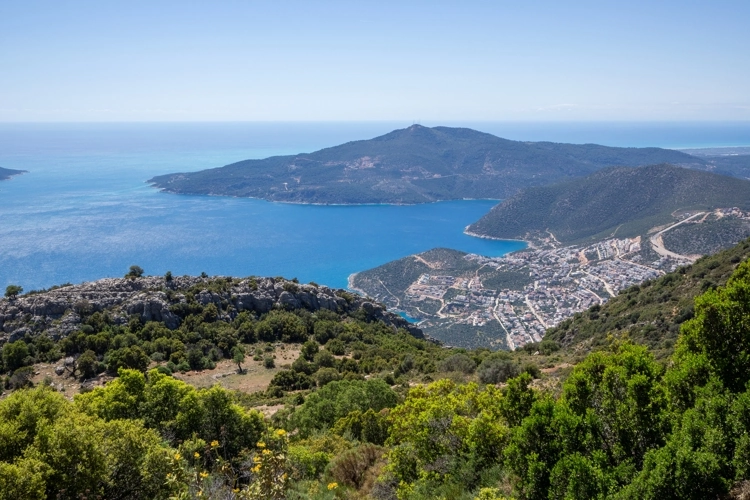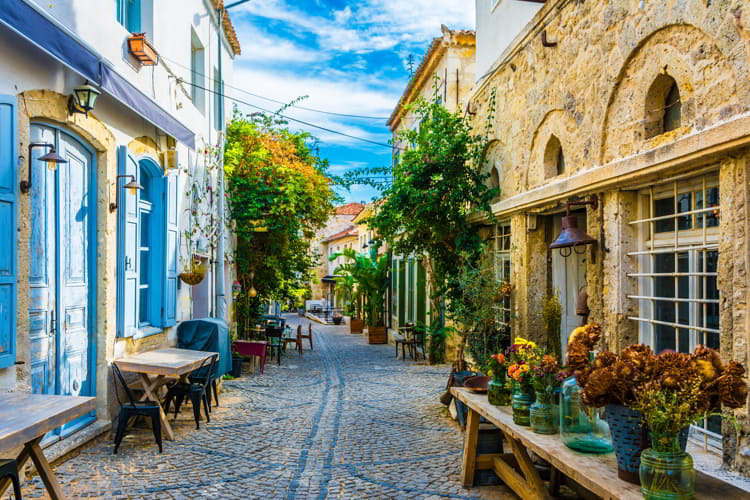Real Estate In Turkey: Everything You Need To Know 2025- FAQs
Unlike many other countries in Europe, Turkey’s population is young and growing. Its economy is diversified between Europe and Asia, and it’s easy for foreigners to invest here, especially in real estate.








 . '
. '
 . '
. '
 . '
. '






